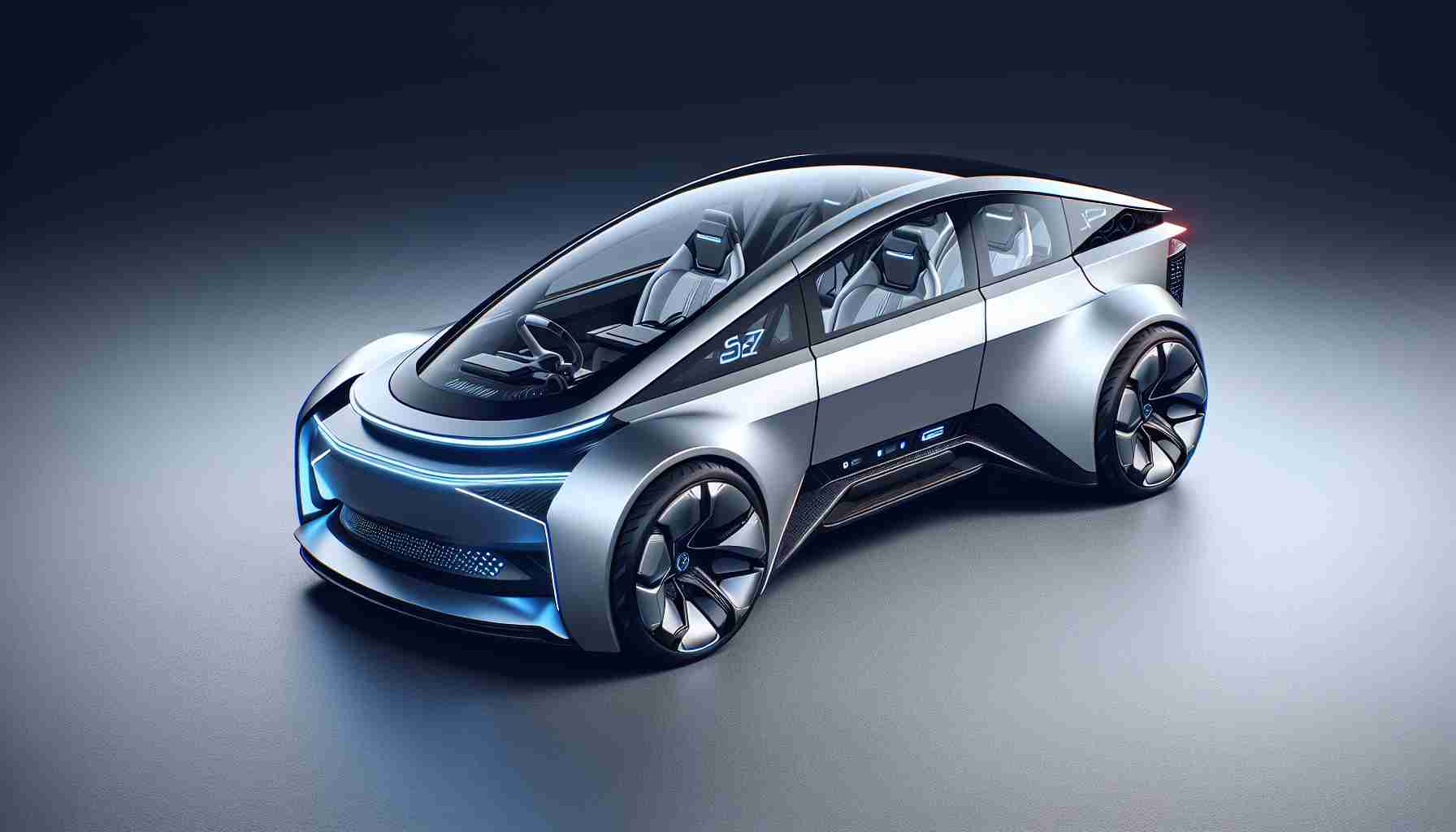Xiaomi is revolutionizing electric vehicle production with the introduction of their first car, the SU7. Eschewing conventional production techniques, Xiaomi is embracing a hybrid of die casting and traditional stamping methodologies. This distinctive process contrasts Tesla’s strategy of utilizing a single-piece casting for vehicle underbodies.
The automotive industry is taking note as Xiaomi expands its manufacturing horizon. The company has put forward an entire system composed of 60 pieces of equipment, working through a sequence of 433 distinct steps. Dominating this system is the Xiaomi Super Die Casting 9100T, a behemoth powered by an array of 11 revolutionary patents, one of which includes an artificial intelligence-driven optimization tool that ensures precision.
Key technological features of Xiaomi’s production line include:
- Efficiency strides: Xiaomi’s custom-built die casting system enables the swift manufacture of the SU7 in just 76 seconds.
- Superior Construction: Employing a die-cast rear floor assembly that replaces 72 components with a single part—17% lighter for increased efficiency and significantly more robust for improved safety.
- Rugged Longevity: The assembled floor panel boasts an improved lifespan, enduring over 2 million kilometers.
- Quiet Rides: The design advancements bring an appreciable 2 dB reduction in road noise.
- Advanced Safety: The inclusion of a three-stage anti-collision system means that, during minor accidents, only specific areas need repair, significantly cutting down on costs.
The factory rolling out the SU7 stands as a testament to the future of automated automotive assembly, featuring an army of over 700 industrious robots complemented by 181 strategically navigating AMRs. These AMRs use advanced Lidar technology for optimal efficiency and precision. Additionally, Xiaomi’s X-Eye inspection system brings a near-perfect accuracy rate, setting new benchmarks for quality assurance in vehicle production.
Key Questions and Answers:
1. What are the new manufacturing techniques employed by Xiaomi?
Xiaomi is using a hybrid of die casting and traditional stamping methods rather than Tesla’s single-piece underbody casting approach.
2. What is the Xiaomi Super Die Casting 9100T?
This is a large die casting machine with 11 patented features, including an AI-driven optimization tool for precision manufacturing.
3. How does the die-cast rear floor assembly benefit the SU7?
It replaces 72 components with a single part that is 17% lighter, thus improving efficiency and safety while ensuring greater ruggedness.
4. What technological advancements have been made to ensure quality control?
Xiaomi’s X-Eye inspection system utilizes advanced technologies to enhance quality assurance, boasting a near-perfect accuracy rate in vehicle production.
Key Challenges or Controversies:
– Market competition: Entering the electric vehicle market means competing against established brands like Tesla. Xiaomi needs to demonstrate the reliability and desirability of its SU7 model to gain market share.
– Technological reliability: The successful integration and sustained functioning of advanced technologies such as the AI-driven optimization tool and the high level of robotics involve risks and uncertainties.
– Mass-production adaptation: While the manufacturing process appears efficient, scaling to mass production presents logistical challenges and the need for rigorous quality control.
Advantages:
– Increased efficiency: The manufacturing process completes in just 76 seconds per vehicle.
– Enhanced safety and durability: The SU7 features an anti-collision system and a floor panel that withstands over 2 million kilometers.
– Reduced road noise: The new design offers a quieter ride, reducing noise by 2 dB.
Disadvantages:
– High capital investment: The state-of-the-art manufacturing system, robotics, and AI technology require significant upfront investment.
– Complexity in repairs: While the anti-collision system is advantageous, the high-tech nature of the vehicle might complicate repairs and maintenance.
– Uncertainty in consumer adoption: As a new entrant to the electric vehicle market, Xiaomi must convince potential buyers to trust their brand over established competitors.
For more information regarding Xiaomi and its ventures into the electric vehicle industry, visit their official website through this link.
